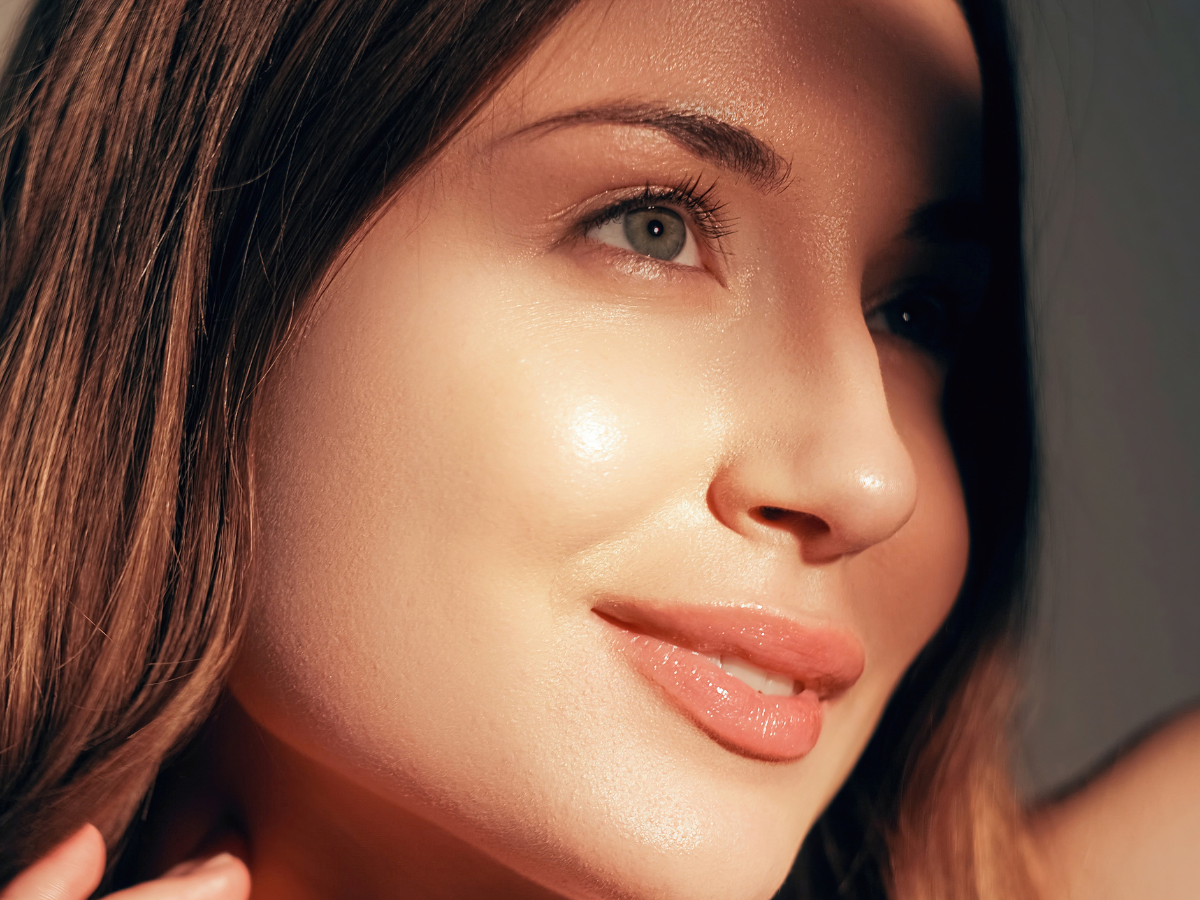For decades, people have been looking for the ideal anti-aging cure. Everyone is looking for a miracle treatment that can stop the hands of time, from sophisticated cosmetic surgeries to lotions and serums. The best anti-aging peptides supplements are becoming more and more popular as a possible anti-aging treatment. However, do they work? In this blog post, you will find information on peptides, their mechanisms, and whether supplementing with peptides can slow the aging process.
Peptides: What Are They?
They are the building blocks of amino acids, set in short chains known as peptides. They represent a crucial role in many biological functions, including cellular signaling, wound healing, and the synthesis of proteins such as collagen and elastin, which keep skin looking young. The body produces them naturally, or they can be synthesized artificially and added to vitamins or beauty products.
Peptides’ Function in Anti-Aging
The main reason for the formation of wrinkles in the skin is due to less collagen production. Collagen protein offers the provision of strength and elasticity to the skin. This protein is critical; the older age of the body also indicates less production of collagen, which results in wrinkles, sagging of the skin, and lost volume. Peptides, especially collagen-enhancing peptides, increase the production of natural collagen in the skin, therefore giving a reduction or, in some cases, reversal of these signs of aging.
Peptides come in different forms and have peculiar functions. Some of the more popularly known peptides with anti-aging properties include:
- Collagen peptides: Induce collagen formation to smooth out wrinkles and improve skin texture.
- Copper peptides: They assist in wound healing and promote the synthesis of collagen and elastin, achieving tighter skin.
- Neuropeptides: Reduce the visibility of fine wrinkles by blocking the release of neurotransmitters that cause the facial muscles to contract.
- Matrixyl peptides: They help maintain and repair the skin’s matrix, which is necessary for its smoothness and suppleness.
Comparing Topical and Supplemental Peptides
Since they work directly on the skin, peptides have long been used in topical skincare treatments like serums and creams. They are usually used in anti-aging products that fight wrinkles, fine lines, and even loss of elasticity. Probably because of this speedy, dramatic impact the moment they’re applied directly to the skin, peptides have recently become a part of most skincare routines.
However, anti-aging peptides supplements function inside. During digestion, they separate into individual amino acids when eaten, and the body can use these amino acids to create proteins, including collagen. Can these peptides taken orally be as efficient at anti-aging as topical treatments?
Peptide Supplements: How Do They Function?
When ingested, digestive enzymes break down protein supplements into its component amino acids. The body uses those amino acids to make proteins like keratin, elastin, and collagen, which keep the skin looking young. How appealing that is, yet there’s a crucial distinction to remember.
Topical peptides must undergo a more involved process than peptide supplements, which act directly on the skin. They are not limited to affecting the skin; they spread to all the body parts when they enter the blood after being absorbed. Because the peptides are also involved in immune system function, bone health, muscle regeneration, and other biological processes, their impact on aging skin may be mitigated.
What’s Found in the Research
Peptide supplements’ efficacy as anti-aging remedies is still up for discussion. Some research indicates that they might be beneficial, but other studies point out that their effectiveness is restricted because of how the body processes them. Here are a few salient conclusions from current research:
Collagen Peptides
Most researchers have proved collagen peptides to be an effective addition to treating skin hydration, elasticity, and diminished wrinkles. In 2014, a study published in Skin Pharmacology and Physiology found that skin elasticity in women aged 35 to 55 improved significantly after eight weeks of supplementation with collagen peptides compared with the control group. Oral collagen supplements may help women 45–65 years old’s wrinkle depth, according to another 2015 study.
Absorption of Peptides
The process of digestion presents a hurdle when using peptide supplements. The targeted effects of peptides may be limited since they are converted into amino acids in the stomach before they reach the skin. According to some producers, hydrolyzed collagen peptides are more bioavailable and absorb well without losing their potency.
Copper and Other Peptides
When taken orally, the advantages of other peptide kinds, such as copper peptides, have yet to be thoroughly studied in clinical trials. Most research on copper peptides and neuropeptides focuses on their topical use, where it has been demonstrated that they improve collagen synthesis and wound healing. Further research is needed to determine the effects of these peptides as supplements.
Peptide Supplements’ Possible Anti-Aging Benefits
Peptide supplements provide several possible anti-aging advantages, although the controversy:
Enhanced Hydration of the Skin
Improved skin hydration is one of the most noticeable results of best anti-aging peptides supplements, particularly those containing collagen peptides. This can make the skin look younger by removing dryness and flakiness, which are often what highlight wrinkles and fine lines.
Improved Elasticity of the Skin
Some studies also have shown that consuming collagen peptides can help improve skin elasticity. This supplement may make the skin firmer and more solid by stimulating collagen synthesis.
Reduction of Wrinkles
Some users observe that prolonged use reduces fine lines and wrinkles, especially mouth and eye wrinkles. This is how Peptides work, by initiating the synthesis of the much-needed collagen inside the skin to fill up those wrinkles and, thus, ultimately retard the formation of further wrinkles.
Health of the Hair and Nails
Peptide supplements have anti-aging benefits for the skin, hair, and nails. Both depend heavily on collagen; some peptide supplement users report having healthier, thicker hair and stronger nails.
Limitations and Concerns
Even if taking peptide supplements may have advantages, it’s essential to go into them with reasonable expectations:
Not a Miracle Treatment
Supplementing with peptides is not a magic bullet for aging. Even if they improve the suppleness and texture of the skin, peptide supplements won’t likely result in noticeable changes right away. When utilizing peptide supplements for anti-aging purposes, consistency and patience are essential.
Problems with Bioavailability
As was previously indicated, digestion can decrease a peptide’s bioavailability. Although hydrolyzed peptides enhance absorption, further studies are required to verify whether this results in appreciable anti-aging advantages.
The Price and Availability
Superior-quality peptide supplements might be costly, so make sure you’re getting them from reliable suppliers. In certain instances, the limited benefits of supplements may not outweigh their expense.
Conclusion
Some of the existing collagen peptides in anti-aging peptides supplements boost hydration, elasticity, and wrinkle relaxation in the skin. However, this varies from one individual to another due to the quality of the supplement applied. Peptide supplements work for those who prefer gradual aging effects; topical peptides can result in fast results. Overall youthfulness and skin health can be achieved by using premium peptide supplements such as AHB Lab as part of a comprehensive regimen that includes good skin care practices and a healthy lifestyle.





